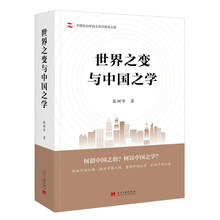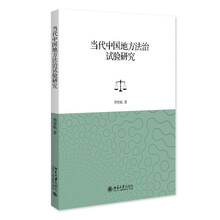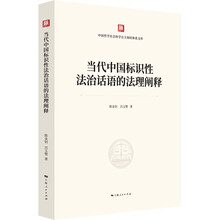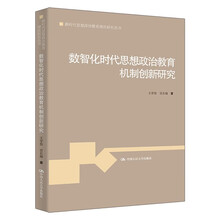《人间正道:构建人类命运共同体(英)》:
Populism keeps growing and the world is becoming more conservative
One prominent feature of international ideological trends is a shifting back to conservatism. As deeply-rooted conflicts worsen between capital and labor and between rich and poor, the COfe principles of liberalism are being questioned at different levels both in and outside the West. In recent years, terrorist incidents, influx of refugees and increasing polarization between rich and poor, have all contributed to the rapid growth of populism characterized by anti-establishment, anti-elitism and anti-globalization. Brexit, Donald Trump elected as US president, and the expansion or even election of rightwing nationalist parties in many European countries, all reflect the fact that populism in the Western world is gaining more political power as well as public support. Populism represents the interests of the disadvantaged groups ignored by political elites and conventional political parties. Some of their appeals are reasonable, but others are not. What is more, their cries against immigration, globalization, and for their own narrow national interests feed into the development of nationalist sentiments. This convergence has strengthened the more irrational aspects, as well as the appeal, of populism. Many Western political parties and politicians deliberately respond to people's demands by expressing populist sympathies, for the sake of winning elections. Many of them, after coming to power with populist support, dramatically readjust policies concerning the economy, international trade, immigration, and national security issues. This has deeply influenced the direction of domestic politics, while also having spillover effects on international politics.
Taking the pandemic as a point of transition, ideology in countries and regions such as the US, Europe, Russia and India has all grown increasingly conservative. Populism, nationalism and protectionism continue to gain strength. On the social level, exclusivist and protectionist sentiments ate simmering, with a continuing rise in racist incidents against certain communities, nations and groups triggered by the pandemic, Although such extreme racism has not yet become the mainstream of public opinion, this undercurrent will continue to grow if the pandemic cannot be controlled in a relatively short period. At the national level, the representatives of the conservative ideology strive to strengthen government authority and focus on developing internal strategic capability and resilience, while following real politik and power politics, racing towards the strategic commanding heights in major country competition. This directly escalates rivalries in both scope and intensity, and casts a negative influence on international cooperation.
Global problems on the rise and global governance on the wane
In a globalized world with interpenetrating domestic and international factors, and conventional and nonconventional security issues so complex and intertwined, "new" and "high" frontier issues, such as the deep seas, polar regions, outer space, cyber and biological issues, keep emerging-human society is facing more risks and challenges, not fewer. The sudden outbreak of Covid-19 has led to the most widespread global pandemic that humankind has encountered in the past century, which also presents a serious crisis for global governance. Viruses do not need a passport to spread, nor do they hesitate in crossing geopolitical borders of sovereign states.
……
展开










